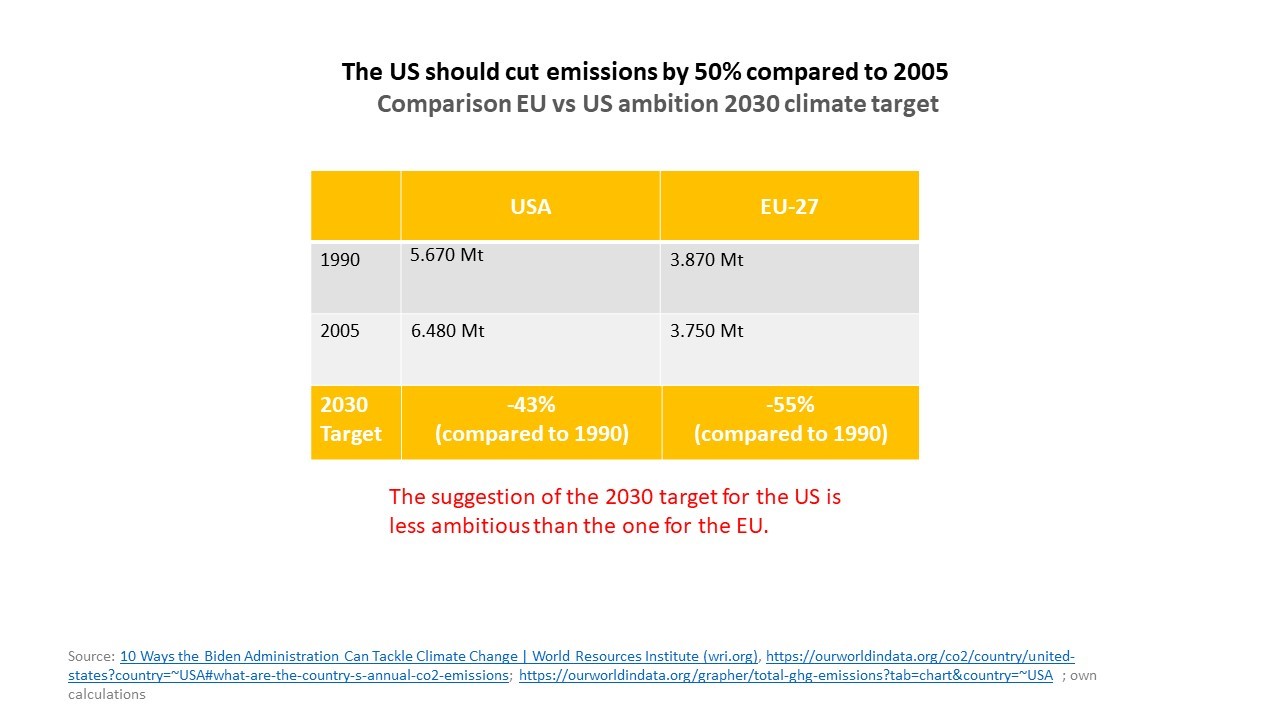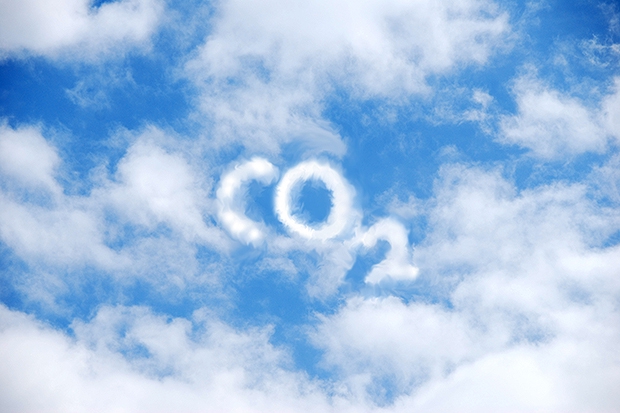We will fight the climate crisis internationally or we will fail // German debate more European and European debate more international // Important approaches in the proposal on European emissions trading
"We will fight the climate catastrophe internationally or not at all," declared the environmental policy spokesman of the largest group in the European Parliament (EPP, Christian Democrats), MEP Dr. Peter Liese, with regards to the climate conference in Glasgow starting on Sunday. “Unfortunately, neither climate-damaging greenhouse gases nor their effects stop at the border. That's why we do not have to discuss first and foremost whether the European climate targets need to be raised even further, but how we can get the rest of the world on board. There are different assessments of how ambitious the European Union's climate goal of reducing emissions by 55% by 2030 is. In my view, it is much more ambitious than the target that President Biden has set for the US.

“One has to take into account that the EU has reduced its emissions by 25% since 1990, while in practically all other parts of the world emissions have increased, in many cases significantly. It is undisputed, however, that the efforts of many other industrialised and newly industrialising countries, including Australia, Turkey, China, Russia, Brazil and India, are in no way sufficient (https://climateactiontracker.org/countries/). European states will only be successful in climate policy if we act within a European framework, and Europe will only be successful if it uses pressure and incentives to encourage third countries to join in. That this works could be seen in the last two years. During the last climate summit in Madrid, the European Union decided to become climate neutral by 2050. In the meantime, not only industrialised countries such as South Korea, Japan, Canada, the US and, most recently, Australia, but even an emerging country such as South Africa have joined this commitment. Unlike in the EU, however, this is not laid down in law in most cases and there is no clear plan on how to achieve the goal,” said Peter Liese who will be deputy head of the European Parliament delegation in Glasgow. The environmental politician is also the rapporteur in charge of reforming European emissions trading. European emissions trading is a key to more European and global climate protection. It is urgently necessary to think in a more European way. “It is important to note that EU emissions trading legislation can have positive effects on third countries. For example, it is proposed to include international shipping, not only within the EU, but also 50% of emissions produced on routes to and from European ports. I am determined to promote this proposal and much better international cooperation in shipping in Glasgow. The efforts made so far by the World Maritime Organisation (IMO) are totally inadequate. It is also important to implement the EU's proposed border adjustment mechanism for certain products such as steel and chemicals in such a way that it is not perceived by third countries as an attack on their industry, but as an invitation to joint climate protection," declared Liese.


